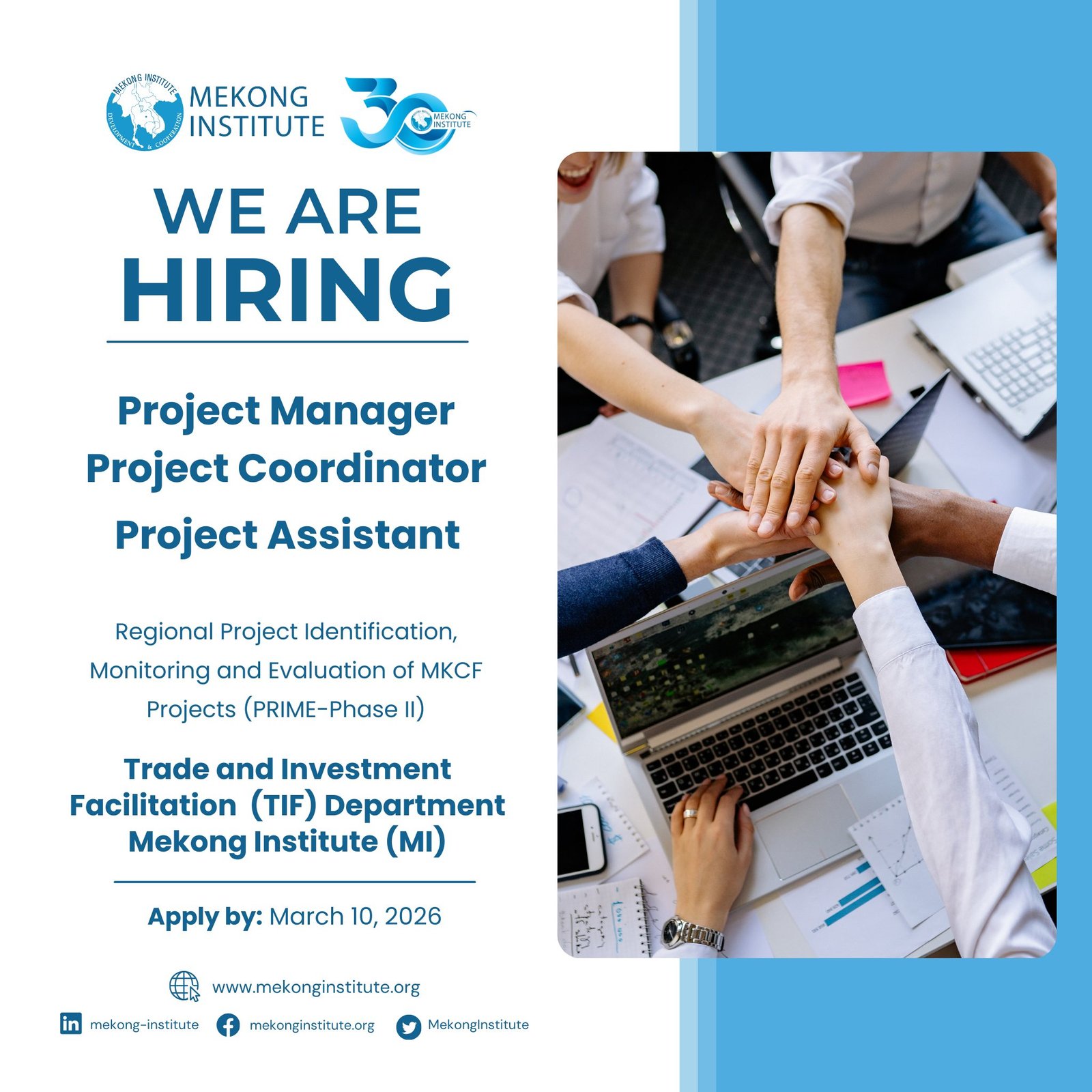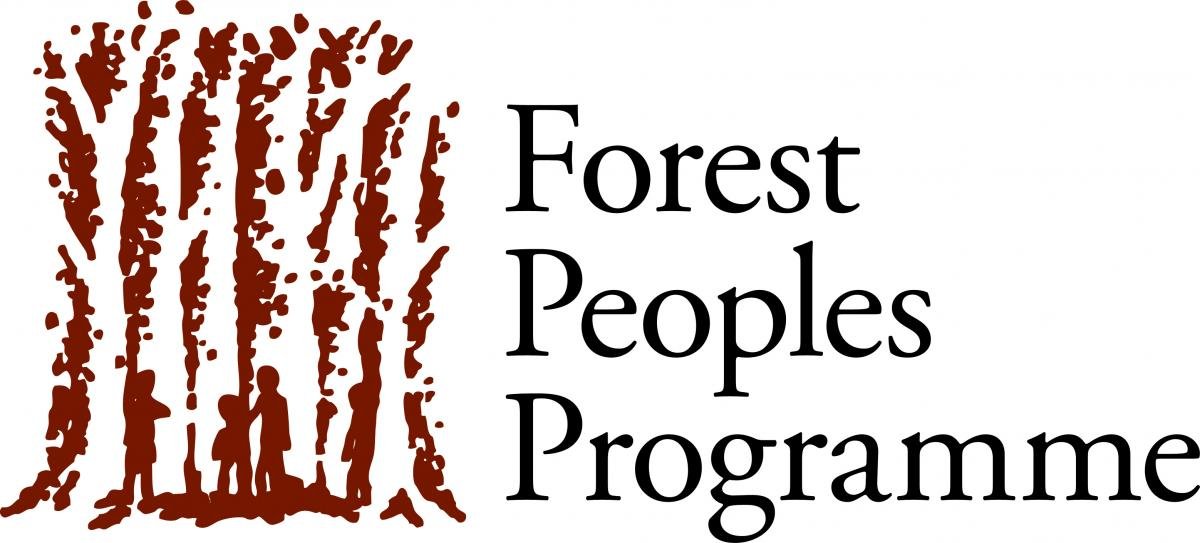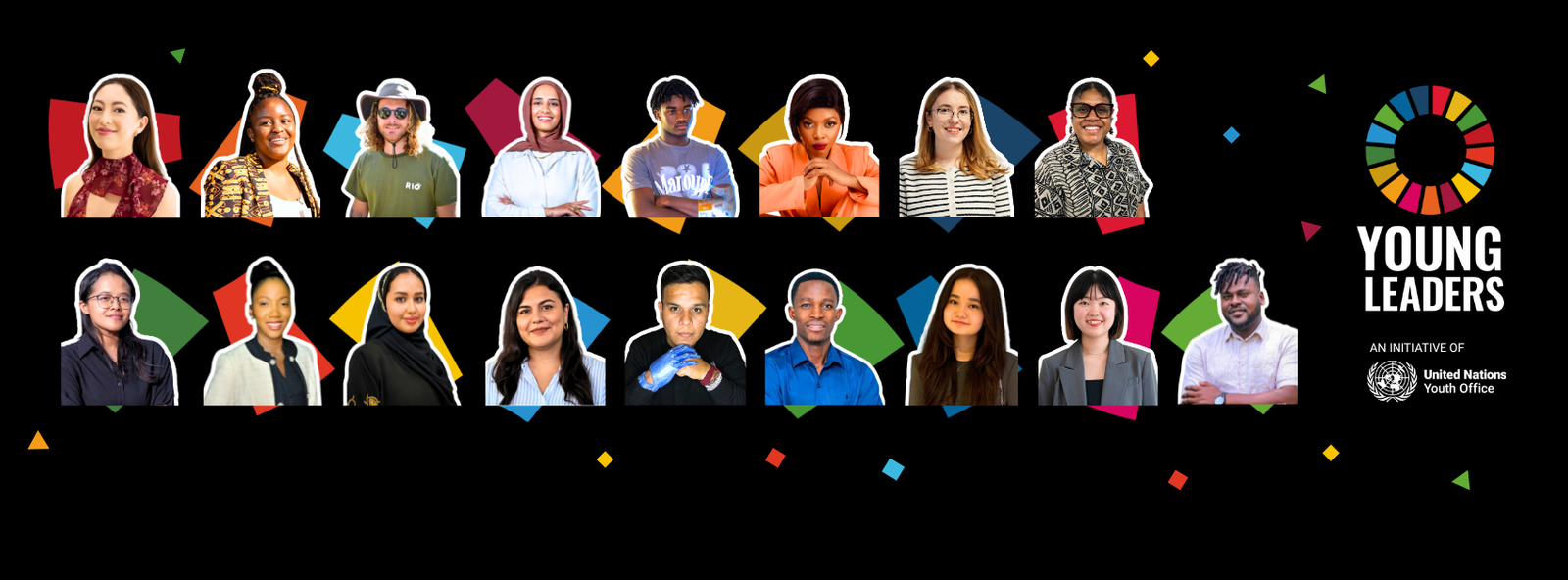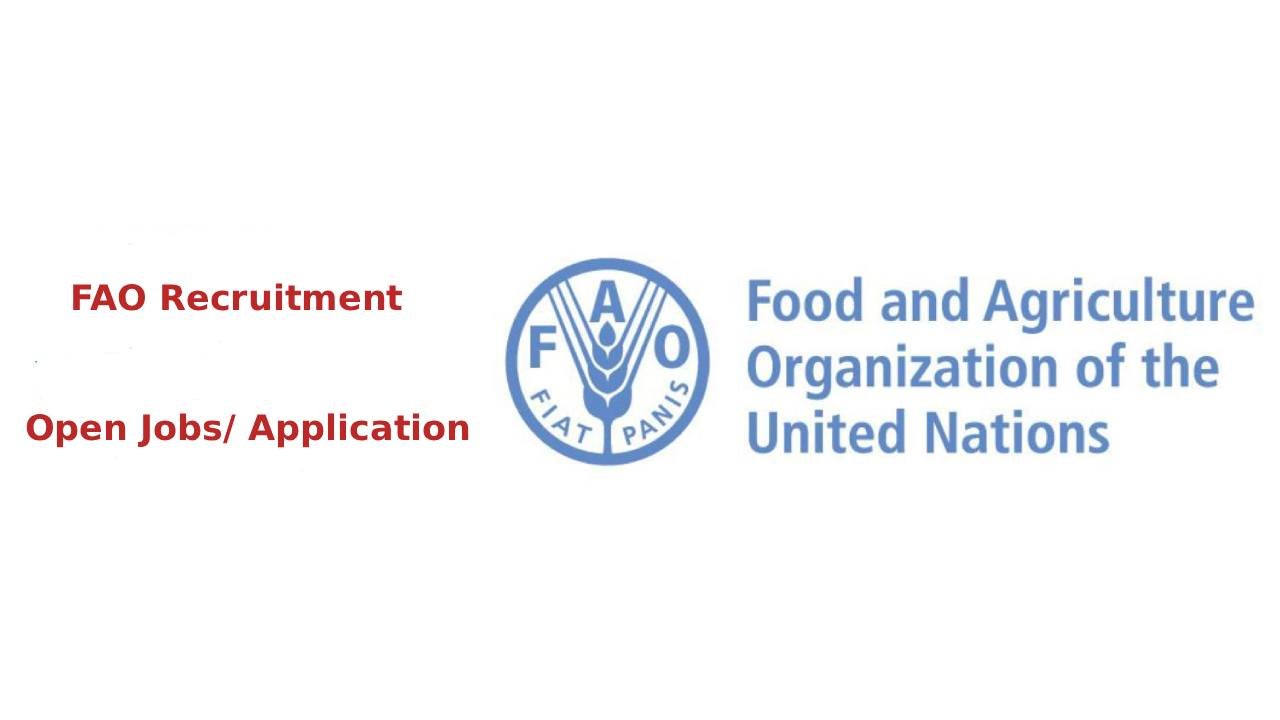NGO vacancies refer to job openings within non-governmental organizations. These positions can vary widely in terms of responsibilities, required qualifications, and locations. NGOs often seek professionals with diverse skill sets to address various global issues such as humanitarian aid, environmental protection, human rights advocacy, and community development.
How to Find Open NGO Jobs
Finding open NGO jobs can be a strategic process that involves utilizing various resources and platforms. Here’s a step-by-step guide on where to look for these opportunities:
- Online Job Boards :Many websites specialize in listing job openings within NGOs and non-profit organizations. Some of the most popular job boards include Idealist, Devex and Reliefweb
- NGO Websites : Many NGOs post their job openings directly on their official websites. Regularly check the careers section of organizations you are interested in.
- Networking Platforms : Networking is crucial in the NGO sector. Utilize platform like LinkedIn: Follow organizations you’re interested in and join groups related to non-profit work to stay updated on job postings.
- Internship and Fellowship Programs : Many NGOs offer internships or fellowships that can lead to full-time positions.
- Social Media Channels : Follow NGOs on social media platforms like Twitter, Facebook, and Instagram where they may announce job openings or share recruitment events.
- Job Fairs and Conferences : Attend job fairs focused on non-profits or international development where you can meet recruiters from various organizations.
- Email Alerts and Newsletters : Sign up for email alerts from job boards or specific NGOs to receive notifications about new job postings directly in your inbox.
Application process
Applying for jobs in non-governmental organizations (NGOs) can be a multifaceted process that varies significantly based on several factors, including the country of operation, the specific NGO’s mission and values, and the nature of the position being applied for. Below is a detailed step-by-step guide to enhance your chances of securing a position in an NGO.
1. Identify Your Interests and Skills : Before you start applying, reflect on your interests and the skills you possess that are relevant to the NGO sector. NGOs often look for candidates with strong communication, leadership, and problem-solving skills, as well as a commitment to their mission.
2. Research Potential NGOs : Take the time to research various NGOs to find those that align with your values and career goals. Understanding their mission, projects, and organizational culture will help you tailor your application and demonstrate your genuine interest.
3. Find Job Openings : Look for job openings on NGO websites, job boards, and platforms dedicated to non-profit careers. Websites like Idealist and NGO Career can be particularly useful for finding opportunities in the NGO sector.
4. Submit Your Application : Follow the application instructions carefully. This may involve submitting your resume and cover letter through an online portal or via email. Ensure that you meet any deadlines specified in the job listing.
- Resume: Your CV/Resume must Highlight relevant experiences, including volunteer work, internships, and any specific skills that relate to the job. Make sure your resume is clear, concise, and tailored to the position you are applying for.
- Cover Letter: This is your chance to explain why you are interested in the position and how your background makes you a suitable candidate. Address the specific requirements mentioned in the job listing and express your enthusiasm for the organization’s mission
5. Prepare for Interviews
If selected for an interview, prepare by reviewing common interview questions for NGO roles. Be ready to discuss your motivations for working in the NGO sector, your understanding of the organization, and how your skills can contribute to their mission. Demonstrating cultural sensitivity and adaptability is also crucial, especially if the role involves working in diverse environments.





